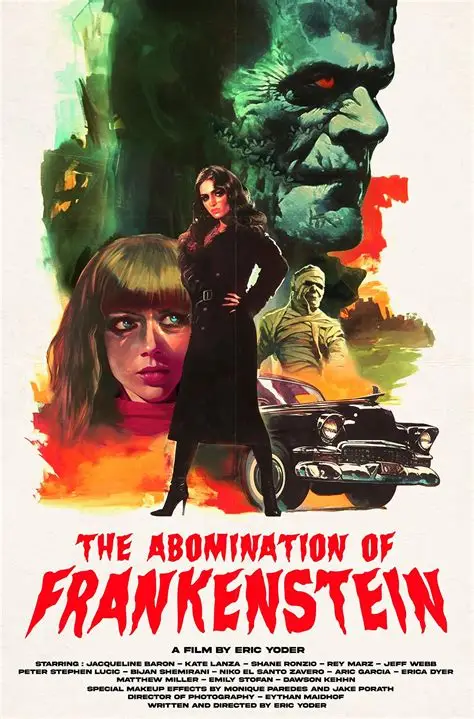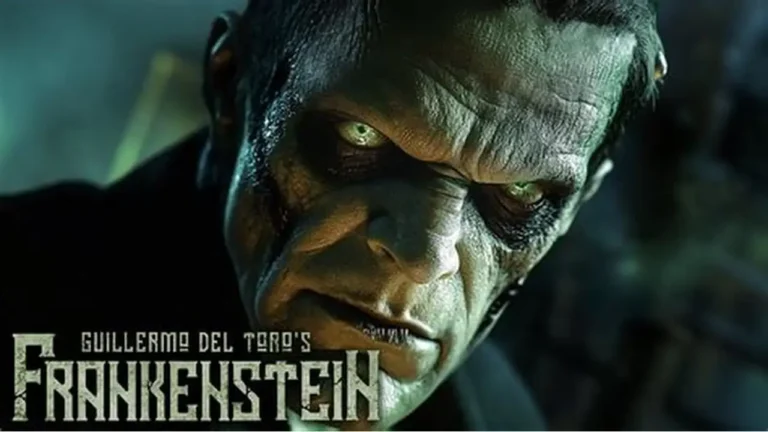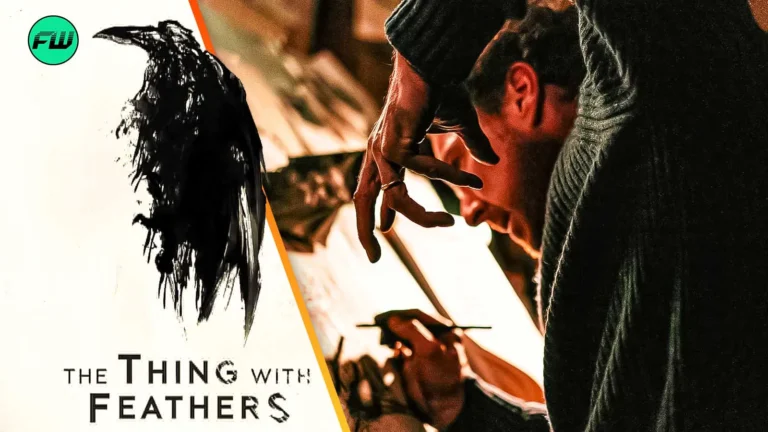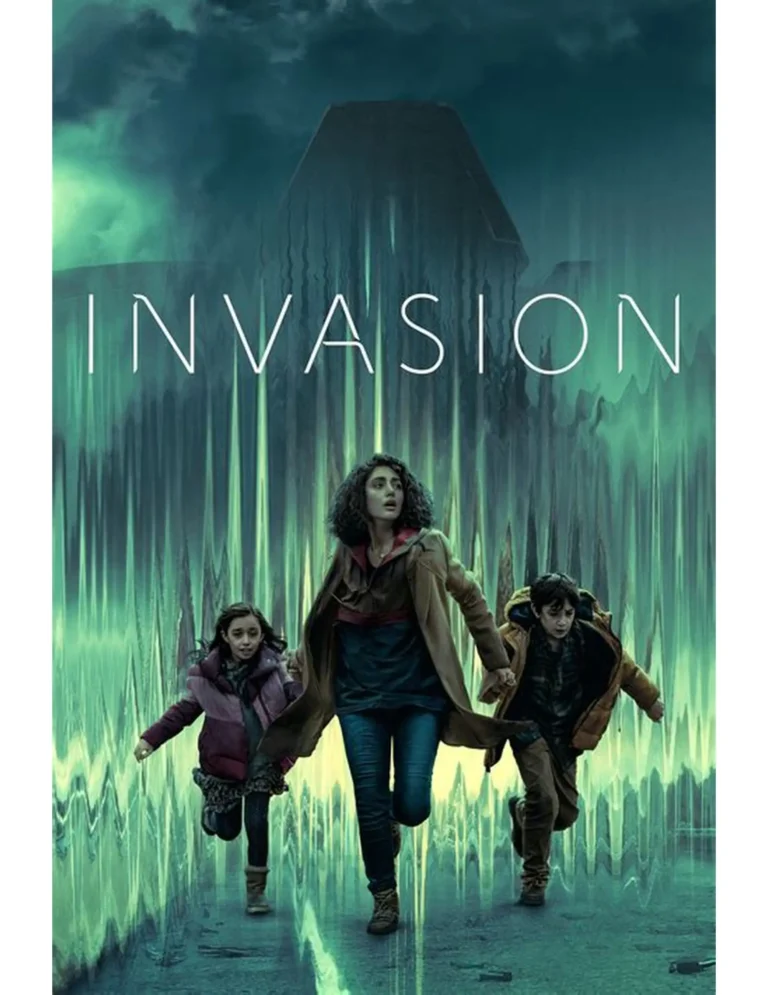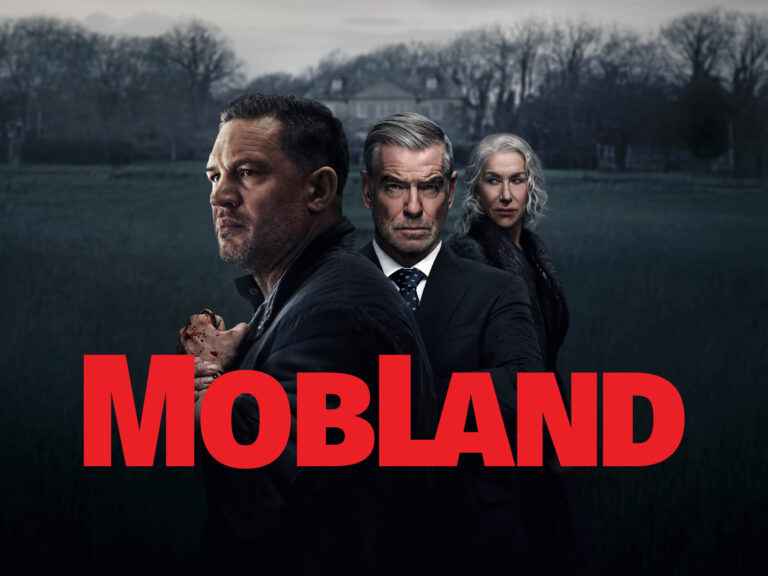Joker (2019) is one of the most discussed and critically acclaimed films of 2019, blending psychological thriller, crime drama, and character-study elements. Directed by Todd Phillips and starring Joaquin Phoenix as Arthur Fleck / the Joker, this English-language film premiered in early October 2019 and went on to become a cultural flashpoint — praised for Phoenix’s performance, its grim origin-story approach, and its controversial, provocative tone. 0

Set in a bleak, decaying Gotham City circa the early 1980s, Joker follows Arthur Fleck, a struggling comedian and part-time clown who suffers from mental illness and social rejection. As Arthur’s life unravels—marked by poverty, violence, and a collapsing mental state—he gradually transforms from a lonely, fragile man into the anarchic figure known as the Joker. The film is an origin-style standalone that uses dark, realist filmmaking to examine class resentment, the failures of social systems, and the dangerous potential of a single marginalized person becoming a symbol. Phillips frames the narrative as an intimate portrait rather than a traditional comic-book spectacle, leaning heavily on Joaquin Phoenix’s physical and emotional performance and a moody, 1980s-inspired production design. 1
Attribute Details[]
- Title[Joker]
- Genre[Psychological thriller · Crime · Drama]
- Language[English]
- Release Date[United States — October 4, 2019; first festival/early dates in late September/early October 2019 in some territories]
- Director[Todd Phillips]
- Writer[Todd Phillips, Scott Silver]
Why Joker (2019) mattered — themes & cultural impact
Joker landed at an unexpected intersection of awards season prestige and mainstream box-office success. It risked a low-budget, R-rated, auteur-driven approach to a famous comic-book villain and turned that risk into a phenomenon: the film sparked debate about media depictions of violence, mental-health stigmas, and the social conditions that can breed extremism. Todd Phillips’ decision to strip away most of the franchise trappings and create a focused, often uncomfortable character study made the film feel fresh and unsettling — and part of why it was both celebrated and criticized in equal measure. 2
Performance, direction, and craft
Joaquin Phoenix’s performance is the film’s engine: he commits fully to Arthur Fleck’s physicality, vocal rhythms, and spiraling psychology, earning near-universal recognition from critics and awards bodies. Phoenix won the Academy Award for Best Actor for this role — a key indicator of how the film’s central performance carried the entire project. Todd Phillips’ direction leans on deliberate pacing, tightly controlled cinematography, and a score that amplifies the film’s existential dread. Cinematographer Lawrence Sher and composer Hildur Guðnadóttir received particular notice for the film’s look and sound, the latter winning major awards for the score. 3
Box office, budget, and commercial reception
Commercially, Joker was a breakout: made on a reported budget of roughly $55 million, the film grossed over $1.07 billion worldwide — becoming one of the few R-rated films to surpass the billion-dollar mark and one of 2019’s top earners. That remarkable box-office performance turned Joker into a case study in how strong awards buzz, a star performance, and controversy can drive mass audience interest for an adult-oriented, small-budget film. Box Office Mojo and IMDb list the worldwide gross at just over $1.07 billion and domestic gross in the $335 million range. 4
Critical reception and awards
Critics were divided but many praised Phoenix’s performance and the film’s daring tone. The film earned a mix of high marks for acting and technical craft while attracting criticism for its portrayal of violence and its ambiguity about whether the film endorses or simply depicts Arthur’s actions. At the 92nd Academy Awards, Joker received multiple nominations and Joaquin Phoenix won Best Actor — a central piece of the film’s legacy. The score by Hildur Guðnadóttir also won major honors, and the film received recognition across awards circuits for acting, music, and technical achievements. 5
Key cast and crew (selected)
- Joaquin Phoenix — Arthur Fleck / Joker
- Robert De Niro — Murray Franklin
- Zazie Beetz — Sophie Dumond
- Frances Conroy — Penny Fleck
- Director — Todd Phillips
- Writers — Todd Phillips, Scott Silver
- Cinematography — Lawrence Sher
- Original score — Hildur Guðnadóttir
- Editor — Jeff Groth
These principal credits are listed in major databases and the film’s official credits. 6
Style, influences, and filmmaking choices
Joker draws stylistically from 1970s–1980s urban crime cinema and character studies (critics frequently compared it to films like Taxi Driver and The King of Comedy). The production design, costumes, and color palette emphasize a grimy, decaying urban world — helping the film feel simultaneously rooted in a specific era and slightly outside conventional superhero continuity. Phillips used handheld camera work and close framing to keep the audience in Arthur’s subjective point of view, creating an intimate but claustrophobic experience. That stylistic choice helped the movie be read as both empathetic and disturbing, depending on the viewer. 7
Controversy and conversation
From its announcement, Joker attracted controversy — some observers worried the film might glorify violence or incite copycat actions. The studio and filmmakers repeatedly said the film was intended as a character study rather than an instruction manual, yet debates persisted about responsibility in storytelling. The intensity of those conversations arguably increased public interest, contributing to the film’s sizeable box office. Journalists, scholars, and social commentators used Joker as a launching point for broader conversations about mental-health care, social inequality, and how media represent radicalization. 8
Recommended for
Viewers who seek slow-burn psychological drama, transformative acting performances, and morally complex stories will find Joker compelling. It is not a traditional comic-book film: expect adult themes, an R rating, and a film that aims to unsettle and provoke thought more than to entertain with spectacle. If you’re researching modern character studies, award-season hits, or the evolution of comic-book adaptations, Joker is essential viewing. 9
Closing summary
Joker (2019) is a landmark hybrid: a comic-book character turned into an art-house style character study that simultaneously won major awards and banked extraordinary box-office returns. Its lasting legacy centers on Joaquin Phoenix’s harrowing lead turn, Todd Phillips’ risky tonal choices, and the film’s uncanny ability to spark sustained cultural debate. Whether admired for its craft or criticized for its provocations, Joker remains one of the most talked-about and consequential films of the late 2010s. 10
11
